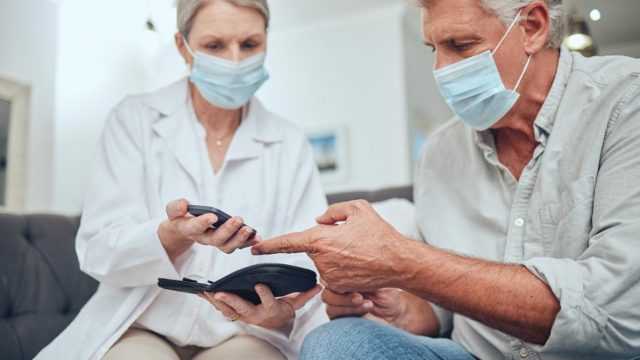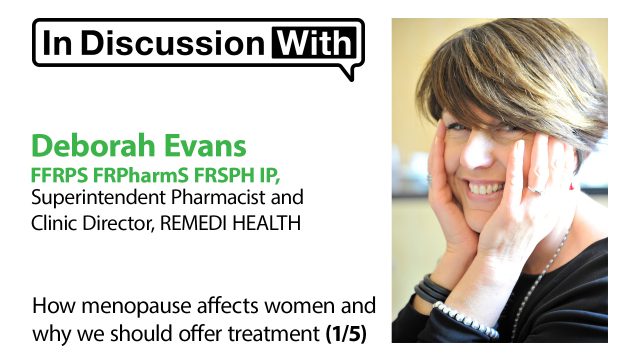Opportunities for pharmacists

Experiences during the coronavirus pandemic have shown the real value of community pharmacy. Moreover, pharmacy can be seen as a ‘passport qualification’ that provides opportunities for pharmacists in numerous areas, says Professor Gino Martini, Chief Executive, Precision Health Technologies Accelerator, Birmingham University.
“As a volunteer, I vaccinated 5000 people – I was one of the first people to do that”, he says. “I also went back into practice in the community because, you know, the local pharmacist was just inundated with prescriptions – but, actually, we were open, you see, and patients came in to speak to the pharmacist”, he adds. It used to be the norm for people to consult the pharmacist first for health problems and one of the results of the pandemic is that “patients [have] rediscovered the value of the pharmacist”. Professor Martini believes that community pharmacists could undertake diagnostic tests such as C-reactive protein tests for patients with suspected bacterial infections who might need antibiotic treatment. “Why can’t the pharmacist then give the antibiotic to that patient there and then – I don’t see why he can’t; I think you can…. I see the role to be really growing, ……more and more”, he says.
As Chief Scientist at the Royal Pharmaceutical Society, a large part of his role during the pandemic was to translate much of the scientific and policy information into practical guidance. When a question arose over the use of ibuprofen for covid infections, he correctly advised that it could safely be used. He also provided correct advice on vaccines and on the matter of cold chain supply. “It was a very, very interesting time – it really put science forward……. We shouldn’t lose that – we should try and make sure we’ve got our hands on that ball and keep hold of it”, he says.
Taking a wider perspective, Professor Martini sees a bright future for young pharmacists. People who study medicine are taught that they are highly-educated, highly-skilled and able to turn their hands to anything. He believes that pharmacists are in a similar position and effectively have a “passport qualification” that will allow them to go anywhere and work anywhere around the world. In this respect, chemical engineering, pharmacy and medicine are similar, he says. In some ways he is a living example – he started his career in community pharmacy, has subsequently worked in the pharmaceutical industry, in academia and for a professional body and now he is running a science park. “It’s just a mindset – understanding that actually what the degree gives you is an opportunity to do something different and to adapt to your environment…. Don’t be constrained by your thinking…. Utilise the qualification for what it is – a kitemark of value, a kitemark of your ability to do things differently and to use your clinical judgment …… and also, to understand science, which I think pharmacy brings to you. So, to me it’s all about versatility and adaptability and I think pharmacy gives you that training”, he says.
Visit www.phta.co.uk for more information on the Precision Health Technologies Accelerator (PHTA).
Read and watch the full series on our website or on YouTube.




